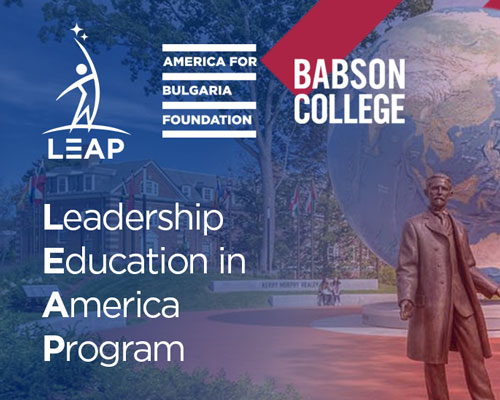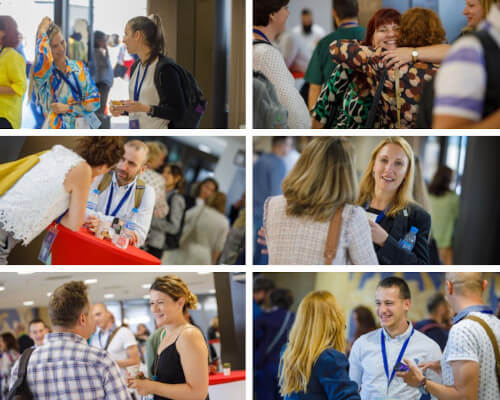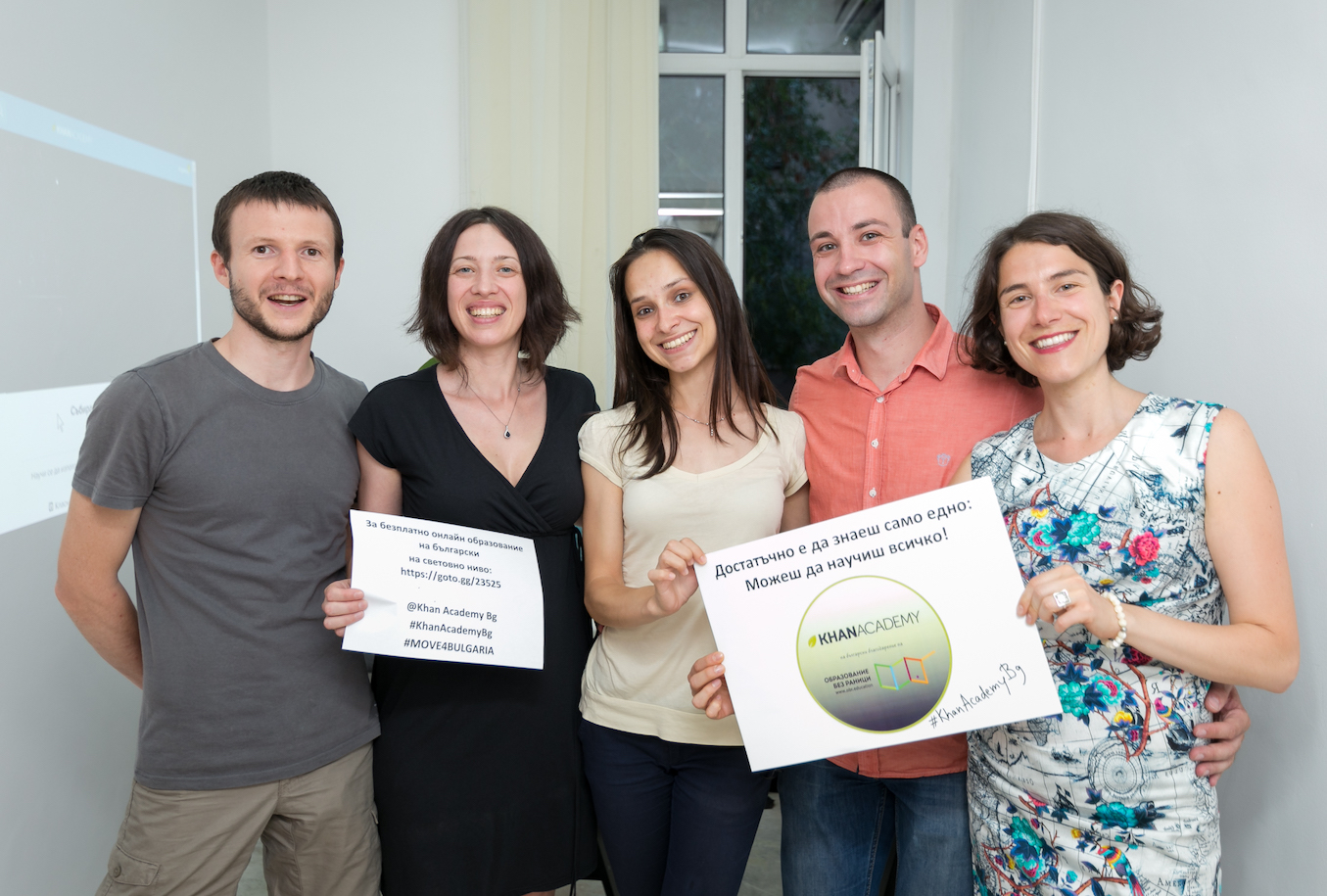 If you have recently looked for help online with your algebra or biology homework or browsed for HTML tutorials, you may have come across the name Khan Academy. It is the source of many of the videos a Google search will pull up, whether you are trying to calculate the area of a triangle, learn how photosynthesis works, or align photos and text on a webpage.
If you have recently looked for help online with your algebra or biology homework or browsed for HTML tutorials, you may have come across the name Khan Academy. It is the source of many of the videos a Google search will pull up, whether you are trying to calculate the area of a triangle, learn how photosynthesis works, or align photos and text on a webpage.
Khan Academy videos are a fun, accessible way to learn geometry, physics, chemistry, computer science, and other subjects. Video lessons mostly cover course material for grades 1 through 12 but also feature topics for college students and preschoolers. The Academy’s videos are a great resource for adult learners too. Suggested tasks for each topic will help you practice what you learned, and the system offers hints if you’re struggling with a task. Before you know it, you’ll be calculating perimeters for fun and brushing up on your world capitals with Khan Academy’s geography tutorials.
Give it a try, and you will find out why Khan Academy has 70 million followers from 190 countries worldwide, and its video lessons on YouTube have been viewed billions of times.
The success of the world’s largest learning platform hinges on its approach: the video tutorials are recorded by experts who communicate the information as conversationally and clearly as possible, using examples from everyday life. Doodles and animation further facilitate comprehension, and the video format lets you learn at your own pace. Video lessons are available in more than 30 languages, including Bulgarian. The content is completely free and accessible to anyone with an internet connection and an electronic device.
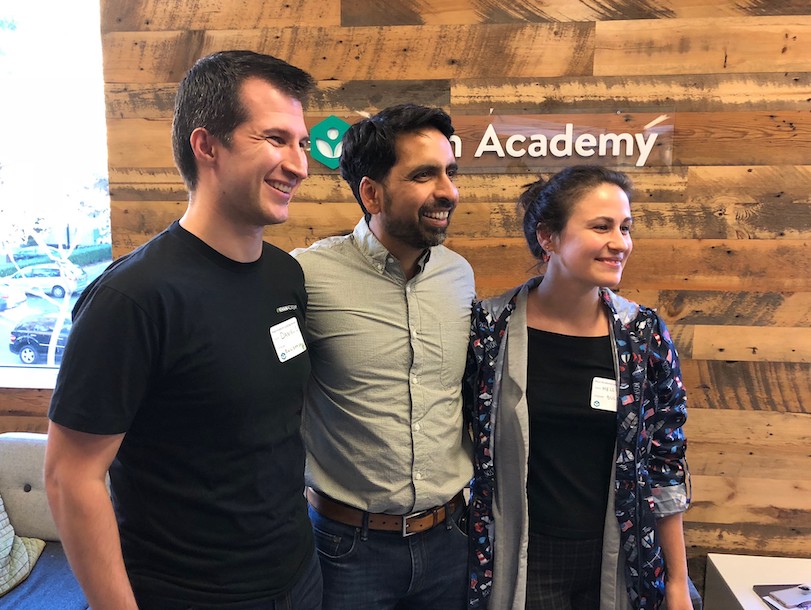 Nowadays, everyone can learn the difference between acids and bases and practice different methods of number division thanks to the vision of Khan Academy founder Salman “Sal” Khan, who believes everyone has the right to quality education regardless of their postal code or socioeconomic status.
Nowadays, everyone can learn the difference between acids and bases and practice different methods of number division thanks to the vision of Khan Academy founder Salman “Sal” Khan, who believes everyone has the right to quality education regardless of their postal code or socioeconomic status.
Salman’s is an American success story with an interesting twist. Born in the United States in an immigrant family (his father is from Bangladesh and his mother from India), he earned three bachelor’s degrees from MIT, in mathematics, electrical engineering, and computer science, and an MBA from Harvard and got a good job in finance. In 2003, Salman began helping a cousin with her math homework online. At first, they used Yahoo to chat, but then Salman realized she learned better on her own time: she was less anxious, especially if they had to repeat a lesson. Other relatives expressed an interest in the lessons as well, so Salman began recording the tutorials and uploading them to YouTube. More and more people started watching his videos, including the children of Bill and Melinda Gates, whose foundation, along with Google, later became the Academy’s biggest supporter. In 2009, Salman quit his job to run Khan Academy full-time.
Even a great visionary like Sal Khan could not achieve his mission “to provide free, world-class education to everyone, anywhere” without the thousands of supporters who have been creating, translating, editing, or adapting video content and exercises for over a decade. Among them are hundreds of Bulgarians who, inspired by Salman’s vision, began translating and adapting video lessons into Bulgarian in 2011 or supported the endeavor through donations. A number of the most active volunteer translators came together and founded Education without Backpacks, Khan Academy’s official partner in Bulgaria.
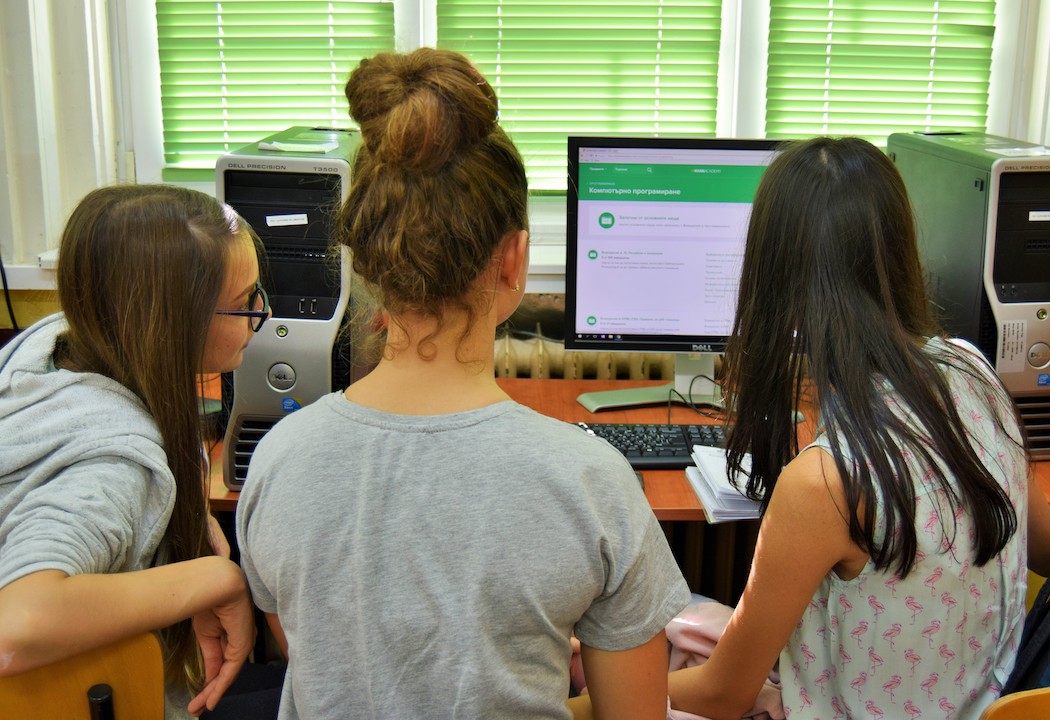 Thanks to the help of hundreds of volunteers, subject experts, and professional editors and the support of the America for Bulgaria Foundation as well as corporate and individual donors, the Bulgarian Khan Academy offers more than 5,000 tutorials in mathematics, computer science, and natural sciences today. For students’ convenience, math lessons are arranged by topic and grade.
Thanks to the help of hundreds of volunteers, subject experts, and professional editors and the support of the America for Bulgaria Foundation as well as corporate and individual donors, the Bulgarian Khan Academy offers more than 5,000 tutorials in mathematics, computer science, and natural sciences today. For students’ convenience, math lessons are arranged by topic and grade.
Starting this fall, learning with Khan Academy will be even easier thanks to the mobile application in Bulgarian, translated and adapted by the Education without Backpacks team. The application will serve not only students. The Khan Academy platform keeps both parents and teachers informed about learners’ progress and allows teachers to develop individual study plans.
To remain free, Khan Academy depends on donations. If you wish to help more Bulgarian children receive quality education, please consider supporting Education Without Backpacks here: https://www.globalgiving.org/projects/educate-bulgarian-children-with-khan-academy/
Find out what students and teachers think about the Bulgarian Khan Academy here: https://www.youtube.com/watch?time_continue=63&v=gdSByOai7KM
Photo 2: Education without Backpacks team members with Sal Khan
